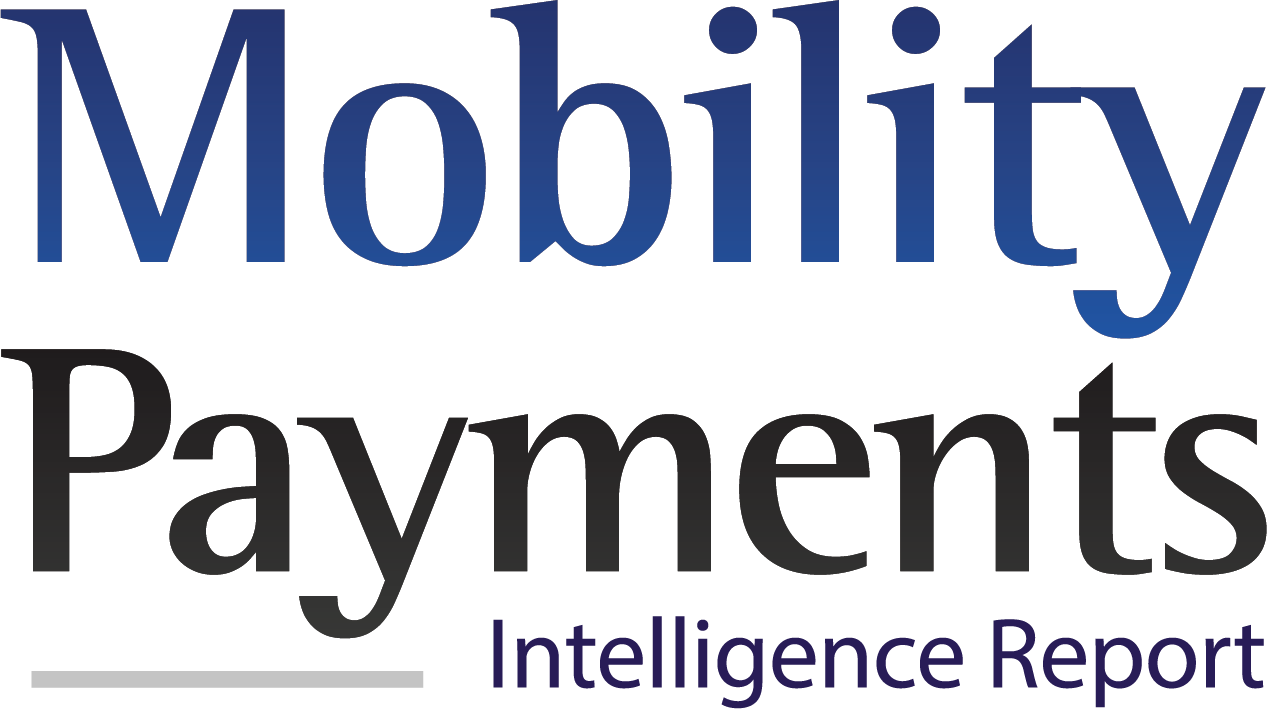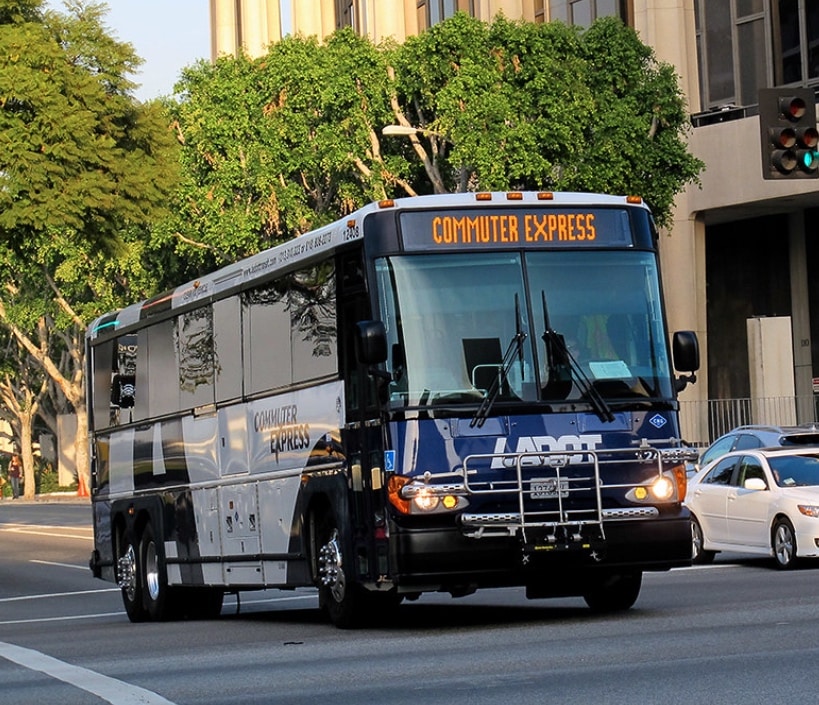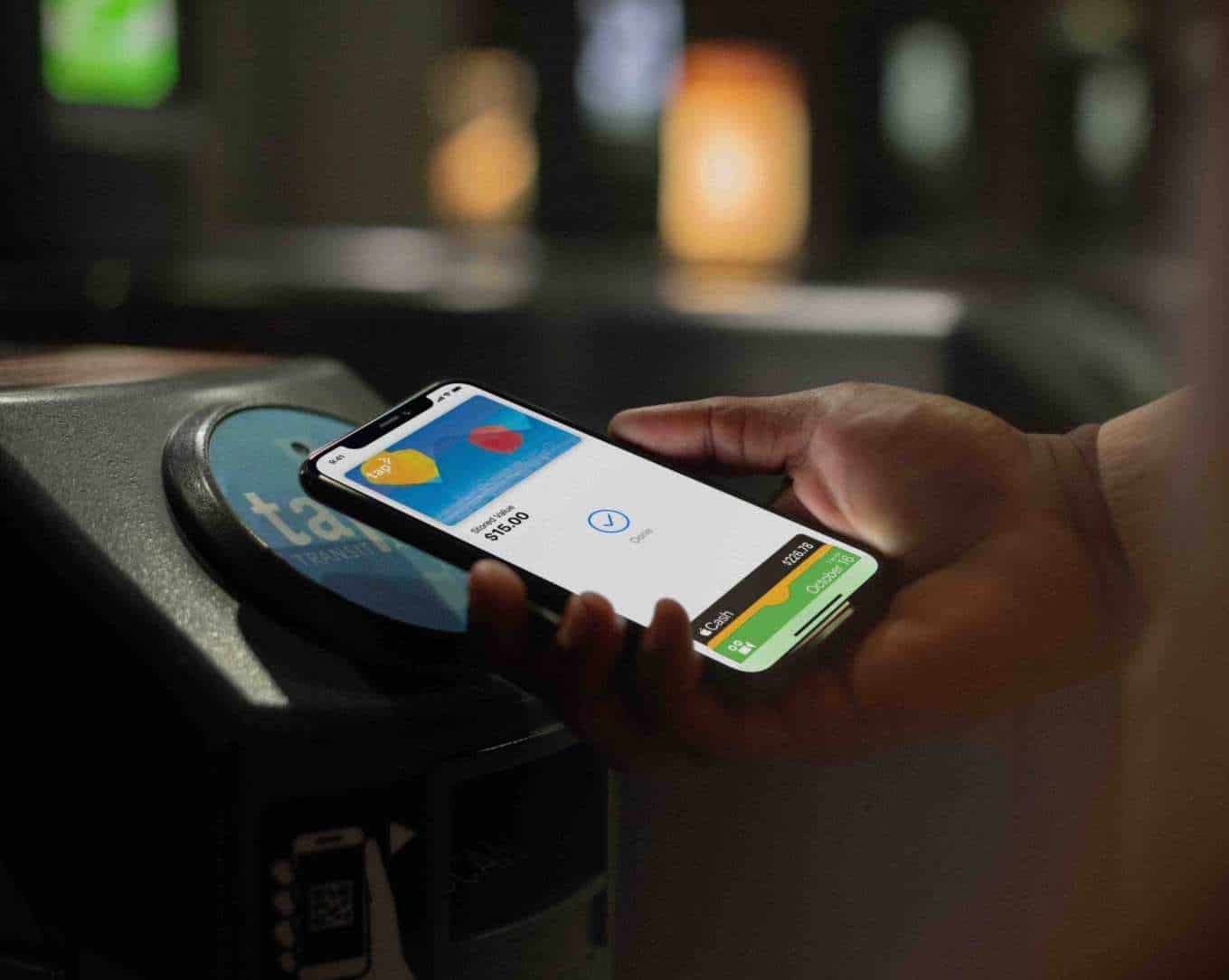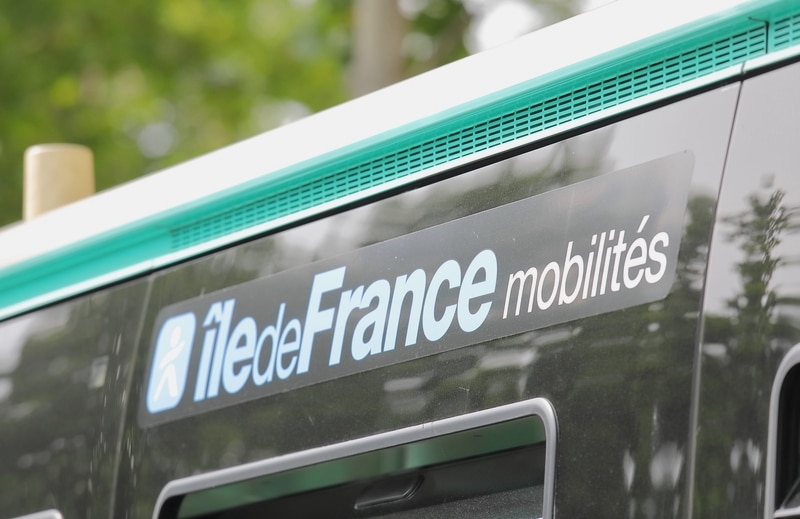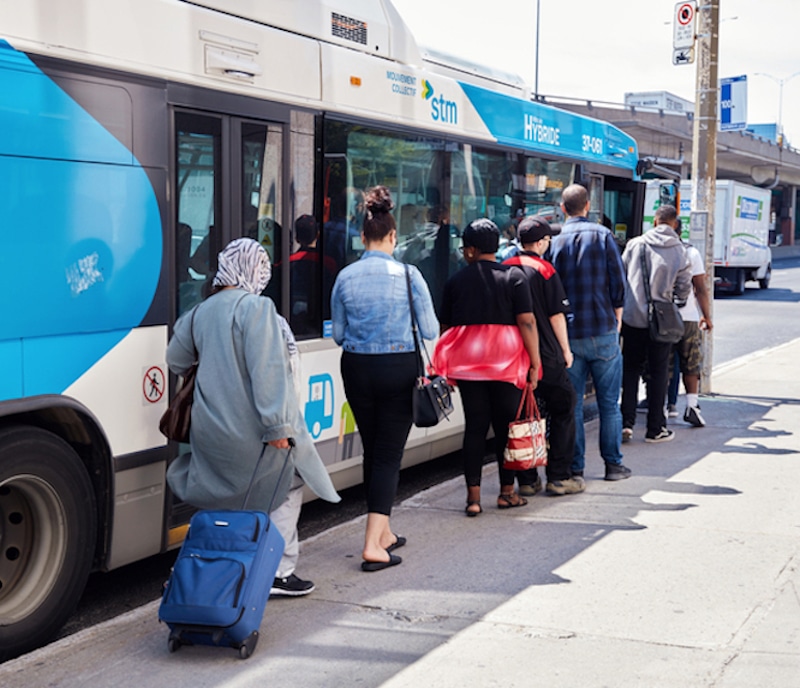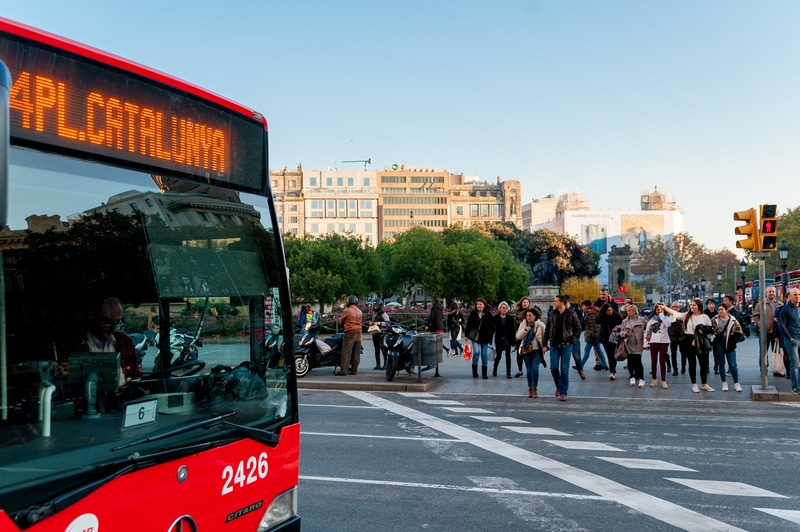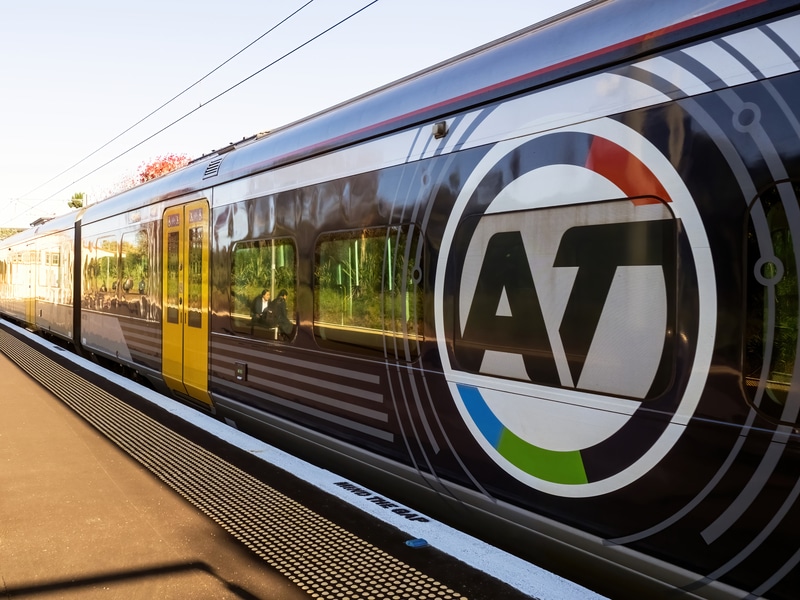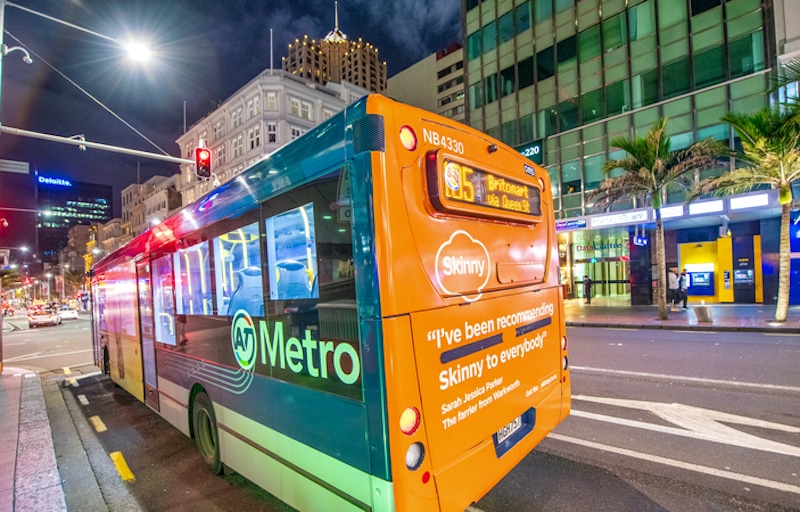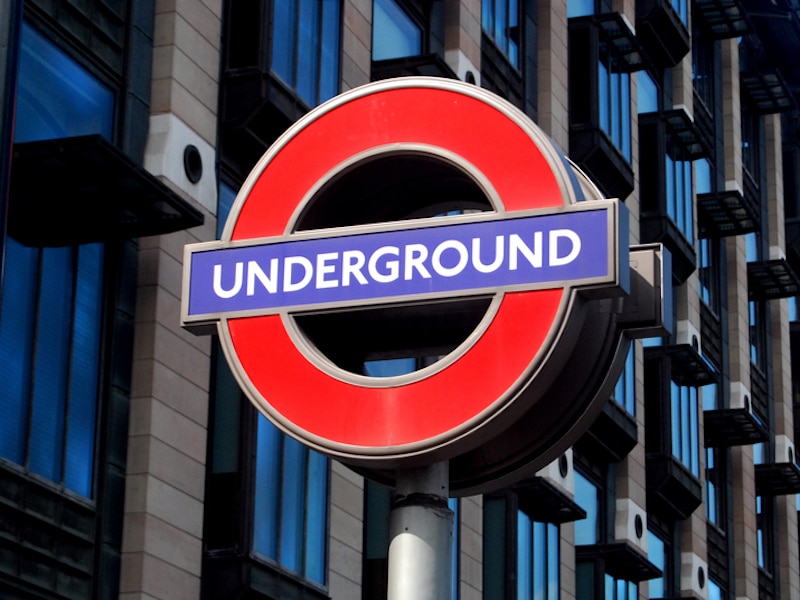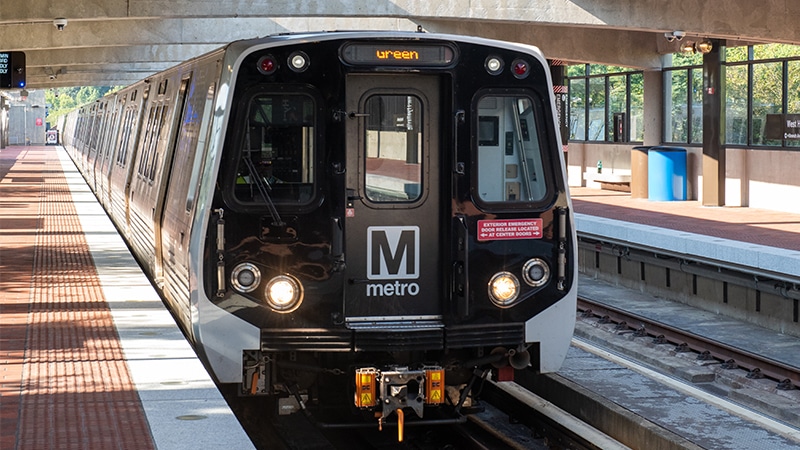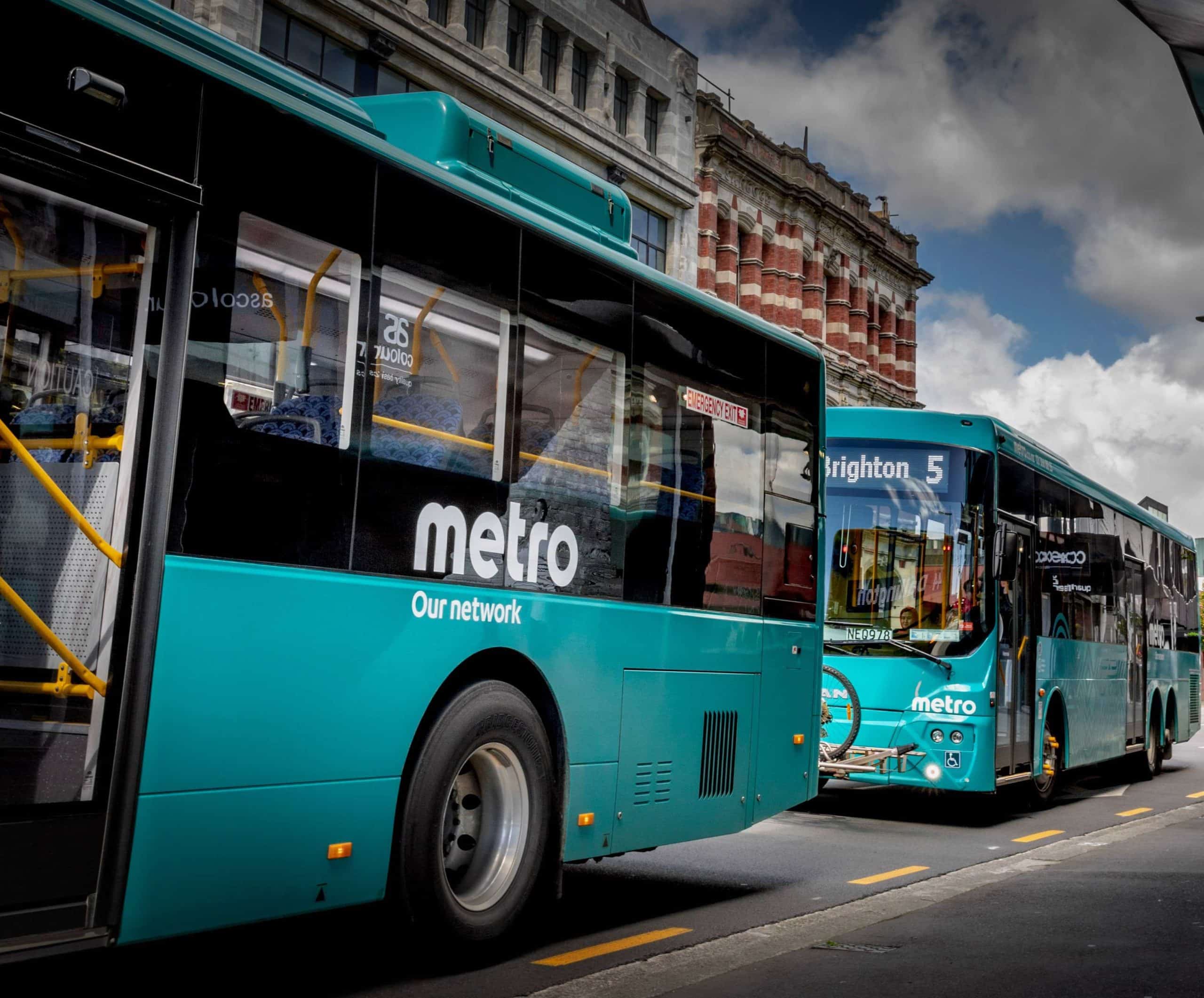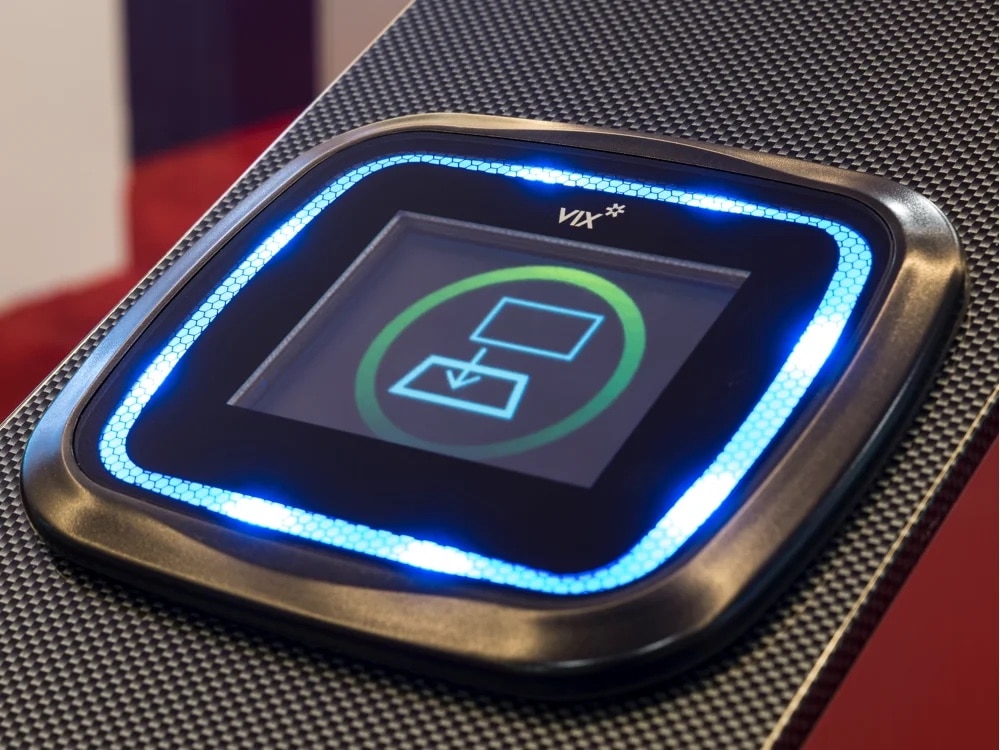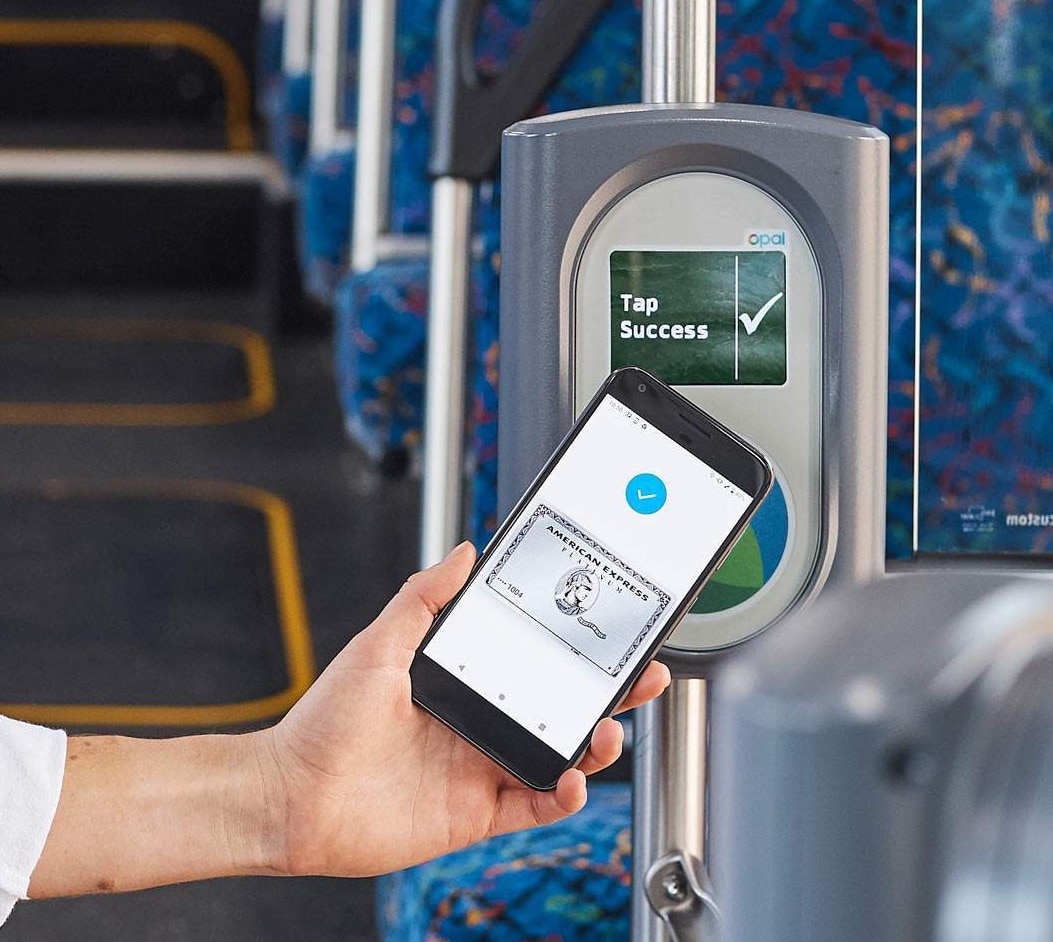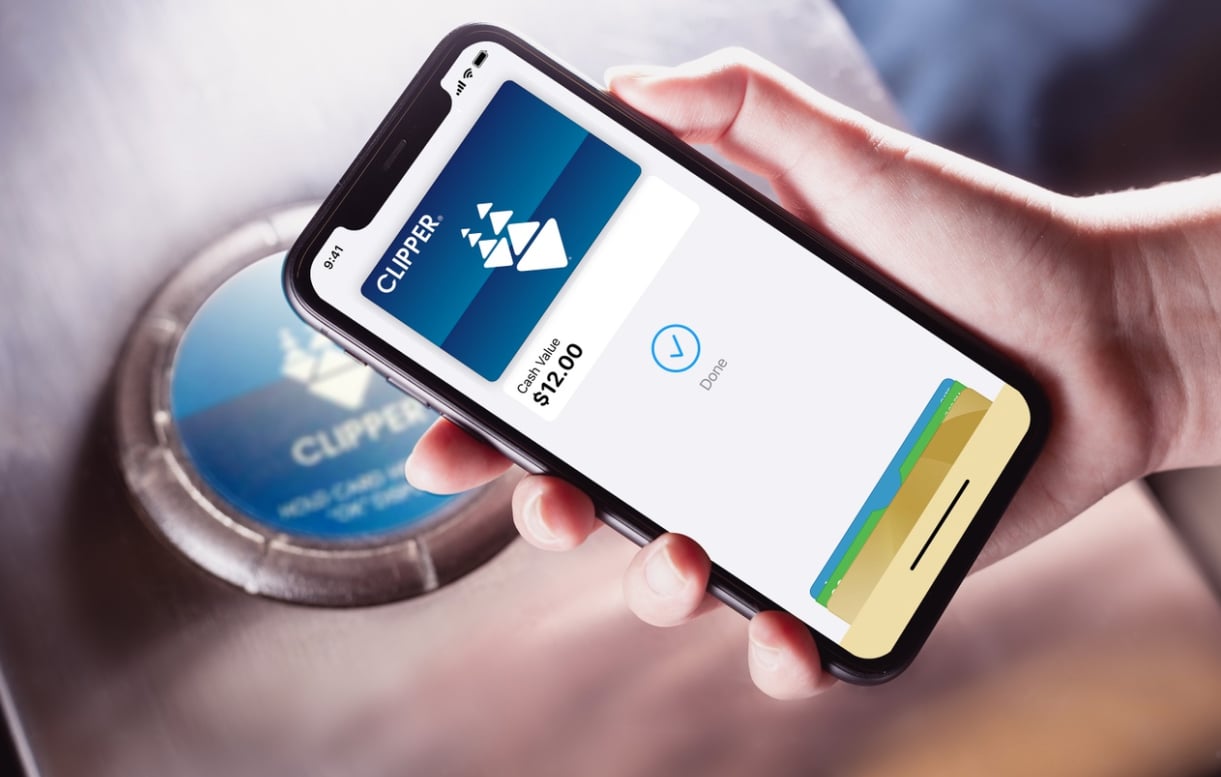
Article Highlights
The global chip shortage has substantially increased lead times and probably prices for procuring closed-loop cards. One transit agency has even offered to waive fees if customers will load virtual versions of its cards to mobile wallets connected with Apple Pay and Google Pay.
The spokesman confirmed a local report that BART only had stocks left of around 150,000 Clipper cards. That’s a problem because the metro operator sold just under 157,000 cards in May alone.
• MTC (San Francisco)
• Metro (Los Angeles)
• Transport for London
• NXP
• Sound Transit
• Apple
• Paragon ID
Transit agencies continue to see long lead times on their closed-loop card orders because of supply-chain issues, and the situation is unlikely to improve this year.
